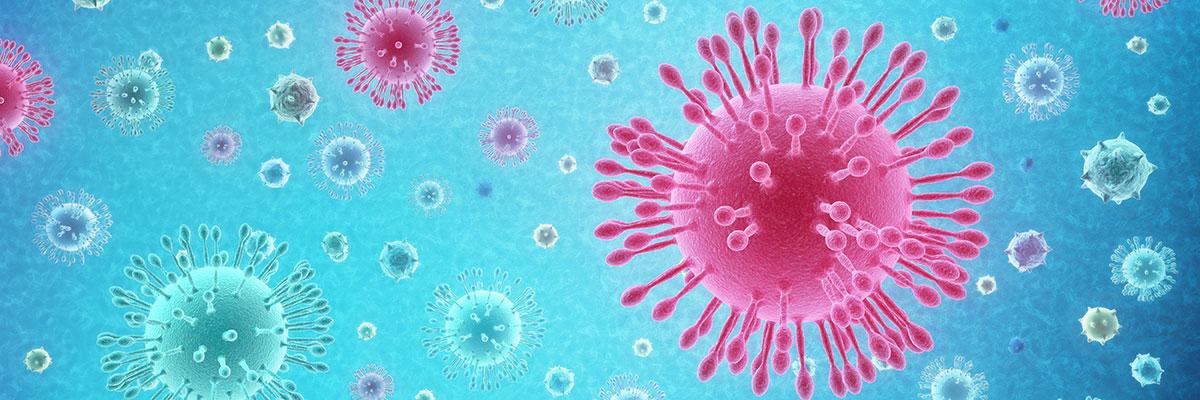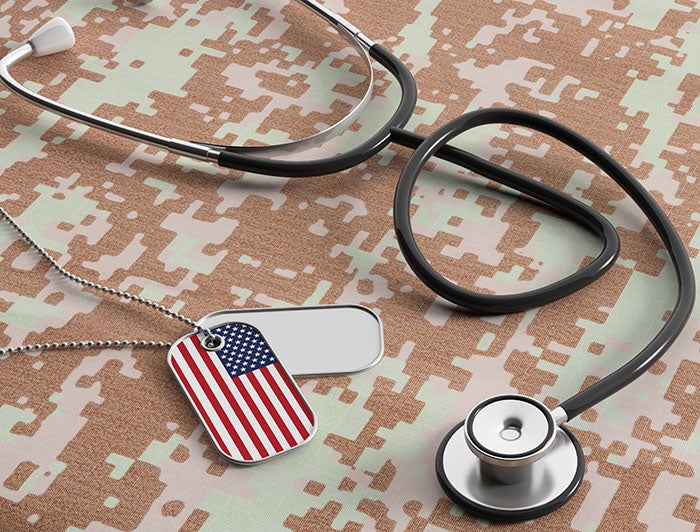

During This Pandemic, Front-line Workers Are Treating not only the Patient but also the Person

Social workers have been providing care and services to vulnerable populations with limited resources and tools for decades. Navigating difficult situations is nothing new to them. Yet the COVID-19 pandemic has presented unique challenges as they meet with patients who may be feeling not only scared but also confused and alone.
Veterans Justice Outreach Social Worker and Army Reservist Captain Eric Dungan, from the VA Northern Indiana Health Care System, was deployed to New York City to help veterans hospitalized with COVID-19 and their families cope with the effects of the virus. At Jacobi Medical Center in the Bronx, he met George Crouch, a 96-year-old veteran who had served in both World War II and the Korean War. Mr. Crouch and his wife of 44 years were diagnosed with COVID-19. His wife lost her battle with the disease.
Following his wife’s death, Mr. Crouch refused medical care and would not eat. Captain Dungan had a tough task at hand. The two gentlemen bonded by talking about their time in military service. They developed a true friendship, which according to Mr. Crouch’s family, helped the WWII vet find purpose and beauty in the world again. Kai Adwoa-Thomas, Mr. Crouch’s daughter, told the New York Times, “Captain Eric Dungan had immense impact on him. And on us, we really love him.”
As hospitals and health systems continue to battle COVID-19, they know the importance of treating the whole person.


